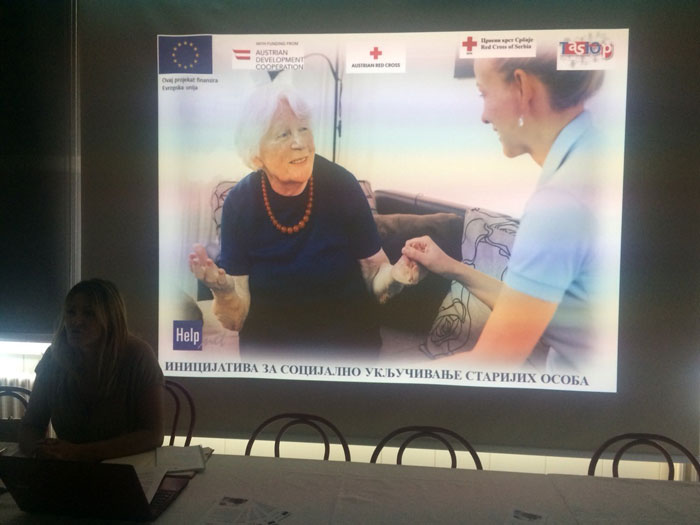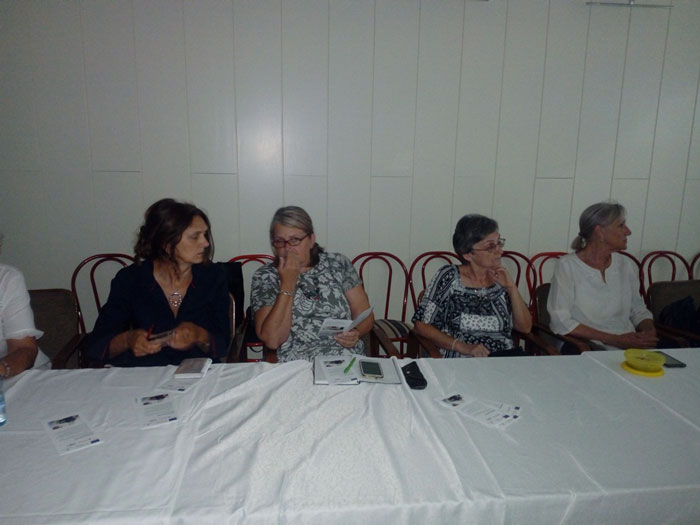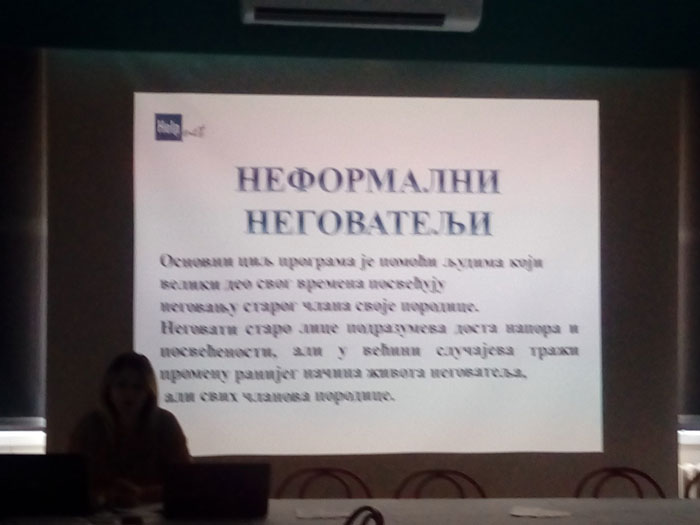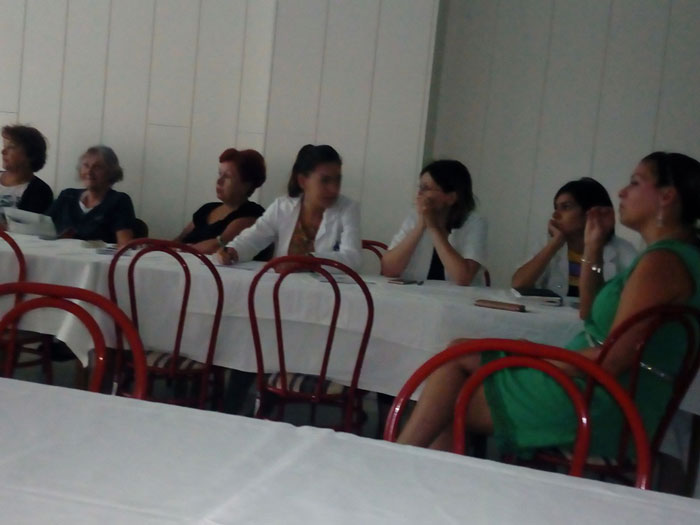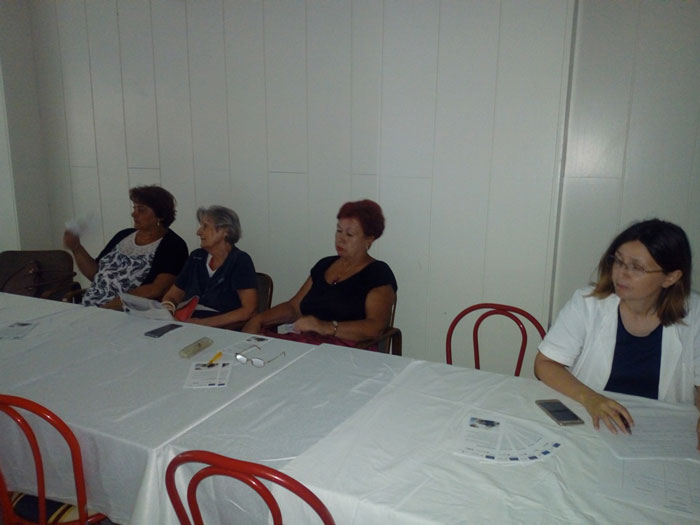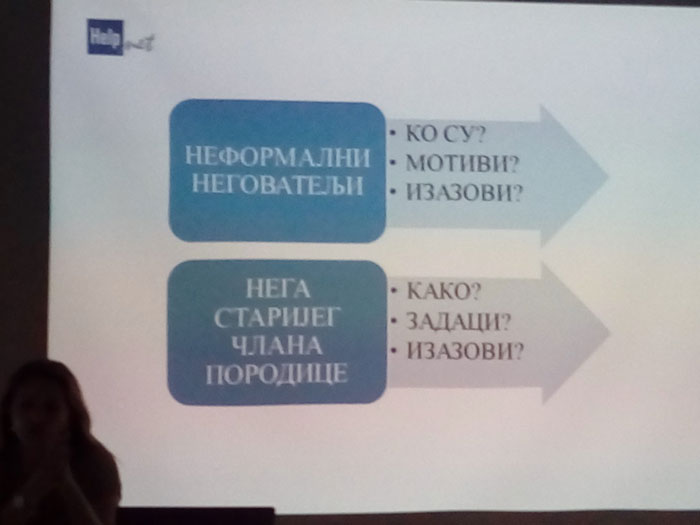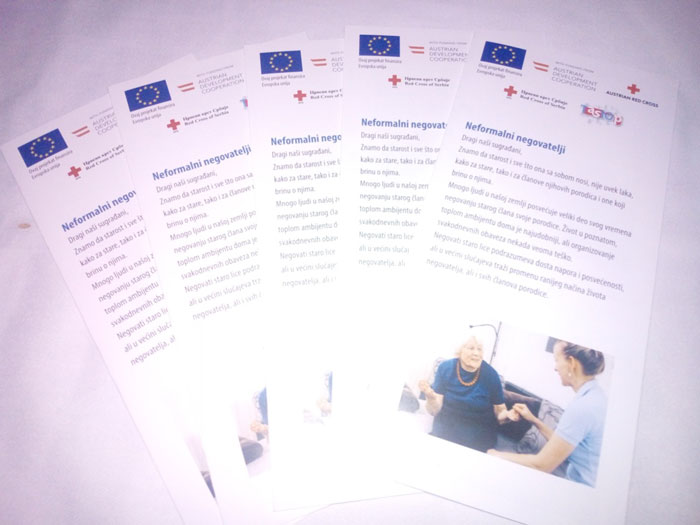Presentation of Training Curriculum for Informal Care Givers
On Thursday 30 August an event was organised entitled “Training for Informal care Givers”, as part of the project “Improving the Quality of Life of Older People in their Natural environment through Improving the Quality of Formal and Informal Support” of the Centre for Inclusion and Support Help Net. This project was implemented within the framework of regional project “Taking Action on Social Inclusion of Older People” coordinated in five Western Balkans countries by the Red Cross of Serbia and supported by European Union, Austrian Development Agency and Austrian Red Cross. Twenty representatives of civil society organisations attended the presentation.
The “Improving the Quality of Life of Older People in their Natural environment through Improving the Quality of Formal and Informal Support” project had several components and one of them was creation of training curriculum for informal care givers. This curriculum is designed to improve the competencies of informal care givers so that the quality of care they provide increases but also to contribute to their self-protection.
The curriculum was presented to civil society partners and other stakeholders. Informal care givers are family members who take on the biggest responsibility in providing care for the older person, most commonly women between 45 and 60 – wives, daughters or daughters in law. Along with providing care to the older person they also provide care to other household members – husband and children. Informal care givers provide assistance to older people in daily activities, maintaining personal hygiene, moving around the apartment, visiting a doctor, but also in communication with other people or using the money and other goods. The training curriculum covers familiarising the care givers with the tasks, challenges as well as the ways to protect themselves. It is important to remember that a good care giver also cares about personal safety. One important recommendation is advocating for better recognition of the role of informal caregivers as well as for better, continued education for them.
